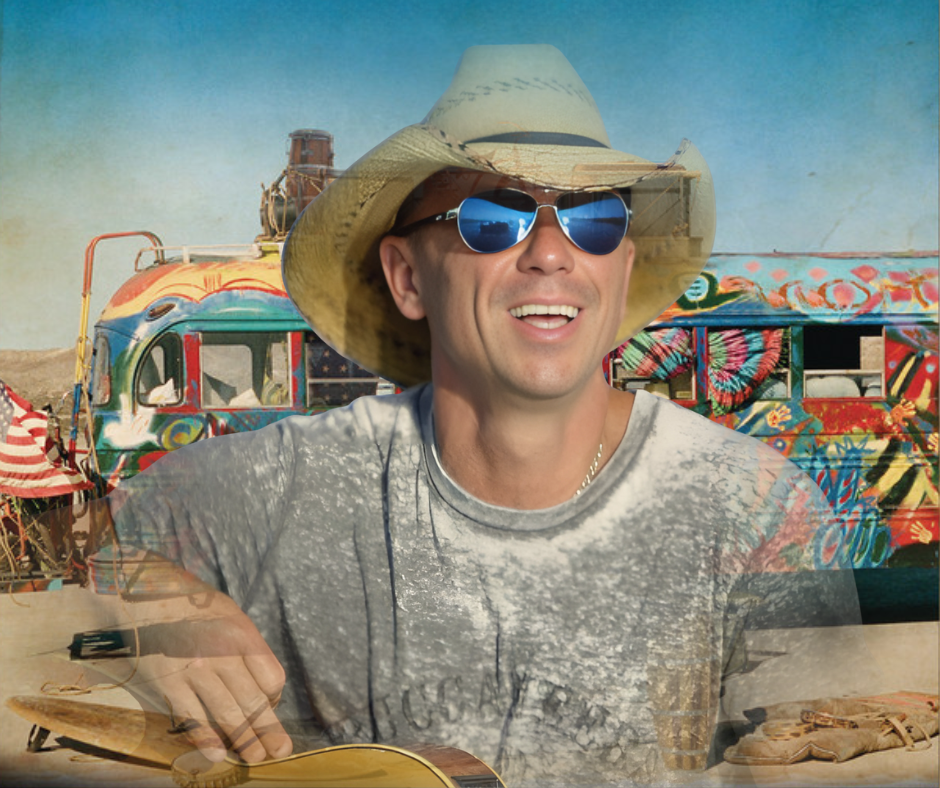The Song That Made Perry Como a Legend—Why He Secretly Wanted It Gone Forever?
When fans think of Perry Como, they often recall his velvety voice, calm demeanor, and timeless songs like “Magic Moments”, “And I Love You So”, and especially “Catch a Falling Star”. What’s shocking, however, is that this very hit—his first to earn a gold certification from the RIAA—is a song he reportedly didn’t even like.

Released in 1957, Catch a Falling Star became a massive success. With its upbeat melody and cheerful lyrics, it fit perfectly into the post-war optimism of 1950s America. It’s often described as a quintessential pop classic. But for Como, the track never quite sat right.
A Perfectionist in Disguise
Behind the scenes, Perry Como was known to be extremely selective about his musical choices. He preferred songs that carried emotional weight—simple but meaningful melodies that reflected introspection and depth. “Catch a Falling Star,” to him, felt too playful, even trivial.
“He didn’t hate the success,” one longtime associate once said, “but he felt it misrepresented who he was. People loved the bright side of him, but Perry was always more reflective at heart.”
Success That Felt Hollow
This disconnect led Como to avoid the song in many of his later live performances. On several occasions, he even requested that it be removed from concert setlists, much to the disappointment of fans.
Still, ever the professional, he never publicly criticized the track. But those familiar with his behavior noticed how seldom he mentioned it, a silent testimony to his complex relationship with the hit.
When Artists Don’t Own Their Image
Perry Como’s story is a powerful reminder that the songs that define an artist in the public eye may not always be the ones closest to their heart. While the world remembers Catch a Falling Star as a bright moment in pop history, Perry saw it as a detour from his true musical identity.
Yet in the end, he respected what the song gave him: a permanent place in musical history, even if it wasn’t the story he would have written himself.